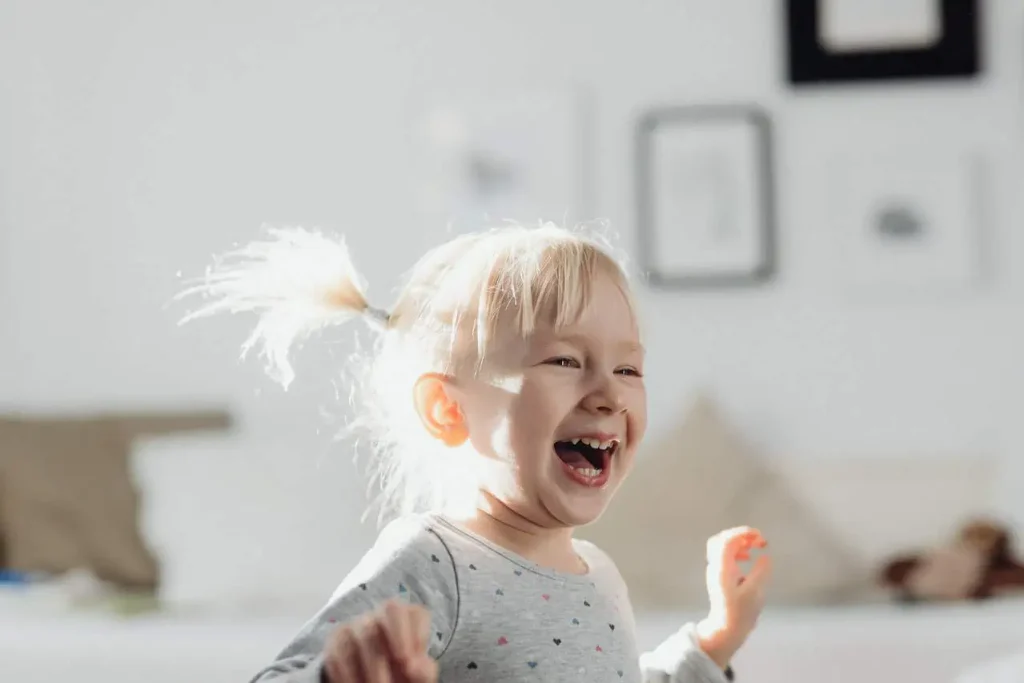
Laughter often proved the best medicine, but sometimes it triggers uncontrollable coughing. If this awkward situation happens with your child, you are not alone. This happens with many children. In this blog post, we will discuss in detail the laughter-induced coughing. We will examine the causes, signs and cures of laughter induced coughing. This will help your child to start breathing normally even after laughing.
Understanding Laughter Induced Coughing
Laughter induced coughing is also known as giggle fits. It is a peculiar condition where laughter triggers a persistent cough. To effectively handle this situation, it is important to understand the root causes.
What is the Mechanism Behind Laughter Induced Coughing?
Laughing is a natural response to joy, humor, or amusement. In some individuals, It can result in unexpected coughing. The abrupt intake of breath during laughter can irritate the airways which results in coughing. This happens particularly in individuals with sensitive throat tissues.
Are there any Underlying Health Conditions Associated with Laughter Induced Coughing?
Laughter induced coughing is often benign, it can sometimes indicate an underlying health issue. It may be associated with asthma or a respiratory infection. It is essential to understand the underlying cause for effective treatment.
Symptoms and Diagnosis of Laughter Induced Coughing
Identifying laughter induced coughing is crucial for appropriate treatment. Common symptoms include:
– Hacking cough during or after laughter
– Shortness of breath
– Sensation of tickling in the throat
How Can Laughter Induced Coughing Diagnosed?
Laughter induced coughing can be diagnosed through examination by a healthcare professional. This involves following steps.
1. Medical History:
Complete medical history is taken by a physician. This also includes any pre-existing diseases or allergies.
2. Lung Function Tests:
The evaluation of the function and health of the lungs is the next step. This is done by pulmonary function tests including spirometry.
3. Cough Reflex Testing:
This testing can evaluate the cough reflex and its sensitivity to laughter.
4. Imaging Studies:
Chest X-rays are ordered in some cases for diagnosis. They rule out any structural abnormality in the lungs.
What are the Traditional Remedies to Cure Laughter Induced Coughing?
Some people look for traditional remedies to cure laughter-induced coughing in their children. Fortunately, there are some time-tested approaches to manage the condition. These include:
1. Honey
Honey is renowned for its soothing properties. Consuming a teaspoon of honey or adding it to warm herbal teas can help ease throat irritation.
2. Herbal Teas
Herbal teas of peppermint, ginger, or chamomile can relieve the throat. They provide relief by reducing irritation. They also improve overall respiratory health.
3. Breathing Exercises
Practicing breathing exercises can help control coughing episodes. This Include
Diaphragmatic and pursed-lip breathing. This exercise can improve lung function and reduce coughing triggers.
Medical Treatments
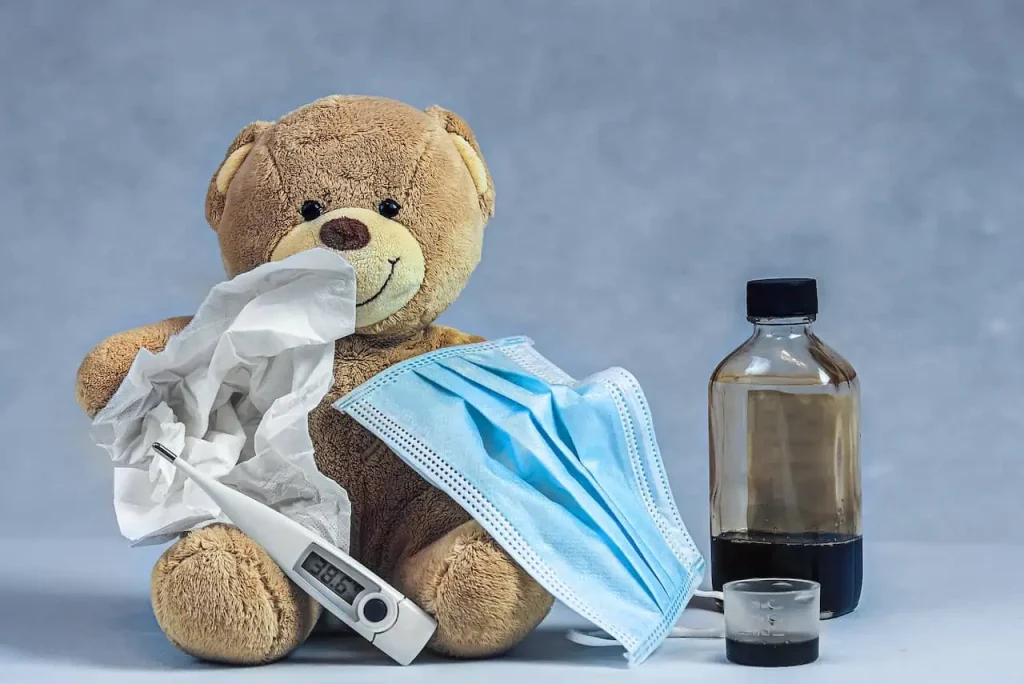
Medical interventions may become necessary when laughter-induced coughing becomes persistent or severe. For such conditions, consult with a healthcare professional.
1. Inhalers
Bronchodilators or corticosteroids in the form of inhalers may be prescribed. They relax the bronchial airways and reduce coughing.
2. Cough Suppressants
Cough suppressants, available over-the-counter or prescription, can help manage the urge to cough, providing relief during laughter induced coughing episodes.
Lifestyle Changes
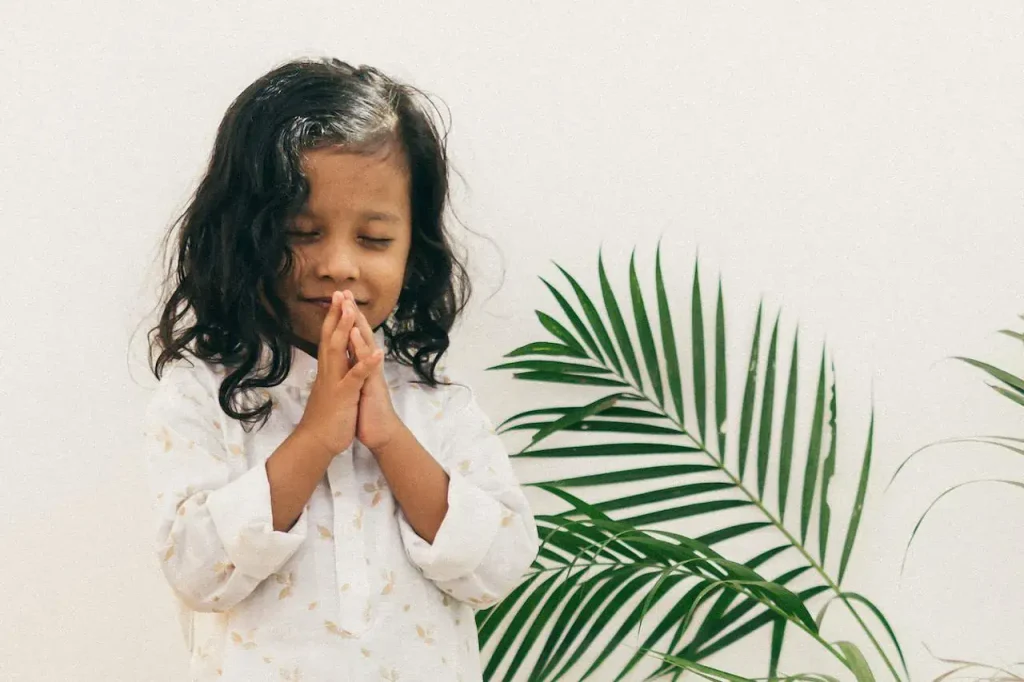
In addition to remedies and medical treatments, certain lifestyle adjustments can minimize the frequency and severity of laughter induced coughing:
1. Stay Hydrated
Hydration is important for every function in our body. To relieve cough, consume an abundance of water throughout the day.
2.Avoid Triggering Factors
Proper identification and avoidance of specific triggering factors is also helpful. These triggers may vary from person to person. Usually, these factors include laughter at cold temperatures or exposure to allergens.
3. Stress Reduction
Stress and anxiety can be triggering factors for cough. They can be managed by stress-reduction activities like meditation or yoga.
4. Maintain Optimal Humidity
Dry air can irritate the throat and trigger coughing. Indoor humidity levels can be maintained using a humidifier. The use of humidifiers is essential, particularly in winter.
Home Remedies
Quick relief from laughter-induced coughing is desirable. For immediate comfort, the following home remedies can be considered.
1. Sip of Water
It is better to keep a bottle of water nearby during social gatherings or situations likely to induce laughter. Cough can be relieved by taking small sips of water.
2. Throat Lozenges
Throat lozenges can temporarily relieve throat irritation. They suppress the urge to cough.
3. Humidifier
Adding moisture to the air of the bedroom can lessen the likelihood of coughing. This will improve the quality of sleep of your child. Humidifiers can be helpful for such conditions.
What are the Prevention Strategies for Laughter Induced Coughing?
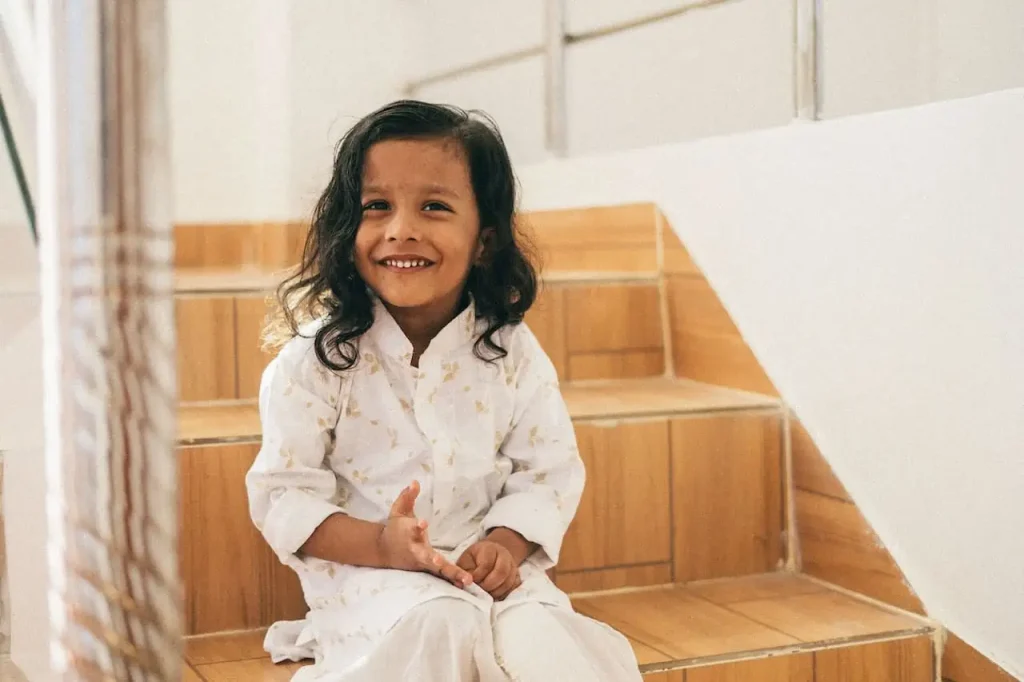
Right strategies can prevent laughter-induced coughing in children. These strategies may include:
1. Breathing Exercises
Breathing exercises can strengthen the respiratory system of your child. By regular practicing, they reduce the likelihood of coughing fits during laughter.
2. Optimal Humidity
Throat dryness can be avoided by keeping optimal humidity levels. Ideal humidity levels are 40-60%.
3. Allergen Control
Determine which allergens can cause coughing while laughing and reduce exposure to them. Common allergens are pet dander, pollen, and dust.
4. Avoid Smoking and Irritants
Smoke or strong odors are airborne irritants. They can also irritate the airways and induce coughing. Try to avoid these irritants by creating a smoke-free environment at home.
Are there any Real-life Success Stories?
Here are some real-life success stories of children who have effectively managed laughter-induced coughs. Not only managed, they have overcome this problem. These stories may provide motivation and encouragement for parents handling this situation.
Emma’s Story: A Triumph of Natural Remedies
Let’s meet Emma. She is an 8-year-old bright and cheerful girl. She has a contagious laugh that would light up any room. But, her laughter often triggered uncontrollable coughs. This made her distressed and frustrated. Her parents were determined to find a solution. They tried to alleviate her condition without using any medication.
Emma’s Parents Began by Introducing Honey and Herbal Teas:
Honey became a staple in Emma’s diet. Honey is a natural cough suppressant. Her parents started to give her a teaspoon of honey before bedtime. She also consumed honey when she felt a coughing fit coming on. Additionally, they also add herbal teas like chamomile to her diet plan. Herbal teas helped to soothe her throat.
The result:
Emma’s coughing fits became less frequent. Their severity was also reduced. She could now enjoy her laughter. She has no fear of coughing uncontrollably.
Liam’s Journey: From Asthma to Controlled Laughter
Liam is a lively 10-year-old boy. He had a history of asthma, which made him more susceptible to laughter induced coughing. His parents and medical team worked together to understand his unique challenges. They developed a tailored treatment plan according to his medical needs.
Liam’s journey included Regular Check-ups and Medication:
Liam’s parents ensured he attended regular check-ups with his paediatrician. He was prescribed an inhaler. That inhaler contained a bronchodilator to help relax his airways.
The result:
Liam’s coughing episodes during laughter became less frequent. It was the result of proper medication and management. Now he participates in activities with his friends without worry.
Mia’s Triumph: The Power of Breathing Exercises
Mia is a 12-year-old girl with a zest for life. She was determined to conquer her laughter induced coughing. She and her parents discovered the benefits of breathing exercises. They helped her in practicing breathing exercises to manage her condition.
Mia’s Success Story Includes Breathing Technique
Mia’s Success Story Includes Breathing Techniques:
Mia and her parents learned diaphragmatic breathing techniques. They took help from a respiratory therapist. These exercises helped Mia control her breath. They also reduce coughing triggers during laughter.
The result:
Mia’s laughter no longer sent her into coughing. She felt more in control of her condition. Now she could enjoy social gatherings with friends and family.
Ethan’s Experience: A Holistic Approach to Wellness
Ethan is a 7-year-old boy with a vibrant personality. He faced laughter-induced coughing episodes. This disrupts his playtime. His parents decided to take a holistic approach to improve his respiratory health.
Ethan’s Holistic Approach Included Lifestyle Adjustments
Ethan’s parents focus on creating a healthier home environment. They maintained optimal indoor humidity levels by using a humidifier. They reduced exposure to allergens. They also encouraged his regular physical activity. These physical activities helped to strengthen his lungs.
The result:
Ethan’s coughing fits became infrequent. Now he can engage in outdoor activities with his friends. Now he doesn’t experience distressing coughing episodes.
Get Started Today
Take control of the life of your child without laughter induced coughing. Take the first step towards a cough-free life by exploring this article’s treatment options and lifestyle changes.
Conclusion
In conclusion, laughter-induced coughing can be an uncomfortable condition. Still, it’s not something you have to live with. Understanding its causes, recognizing the symptoms, and exploring various treatment options. You can regain control over your child’s laughter without the worry of triggering a coughing fit. Remember, there’s hope, and relief is within reach.
FAQs
1. Does laughter-induced coughing indicate a serious medical condition?
Laughter-induced coughing can be related to respiratory issues. Consult with a healthcare expert for proper diagnosis. It will help to rule out any dangerous illness.
2. Is it possible to try natural remedies at home?
Honey, herbal teas, and breathing exercises are natural remedies to relieve cough. If symptoms don’t go away, see a doctor.
3. What are the medical treatments for laughter-induced coughing?
Inhalers and cough suppressants are medical treatments for coughs. They must be used when prescribed by a healthcare provider. Avoid self-medication to prevent any side effects. These treatments provide relief from persistent symptoms..
4. Is there any role of lifestyle changes to manage laughter-induced coughing?
Yes, lifestyle changes can significantly reduce the frequency and severity of coughing fits. These include proper hydration, avoiding triggers, and breathing exercises.
5. Are there any support groups or communities for people with laughter-induced coughing?
There are online discussion boards and forums where people can share their insights and methods for preventing laughter-related coughing.

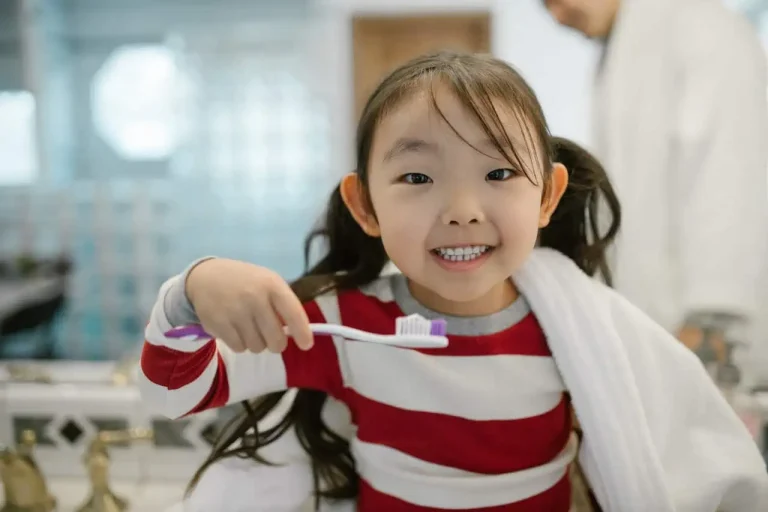
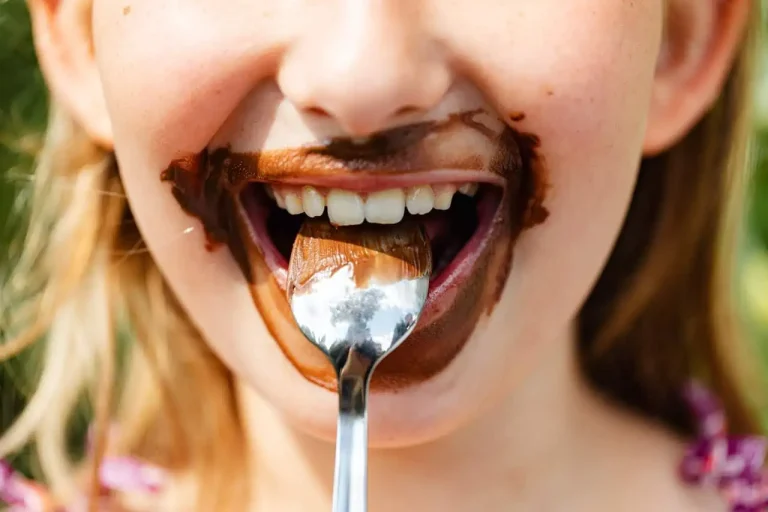
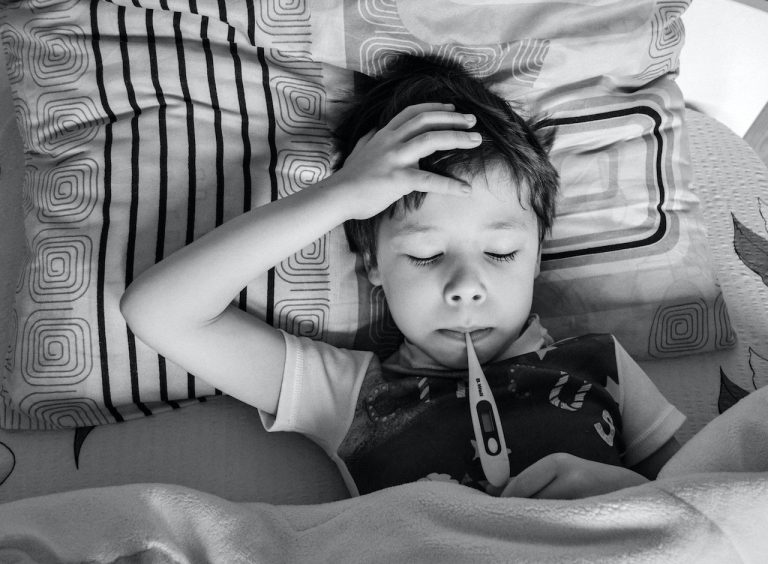

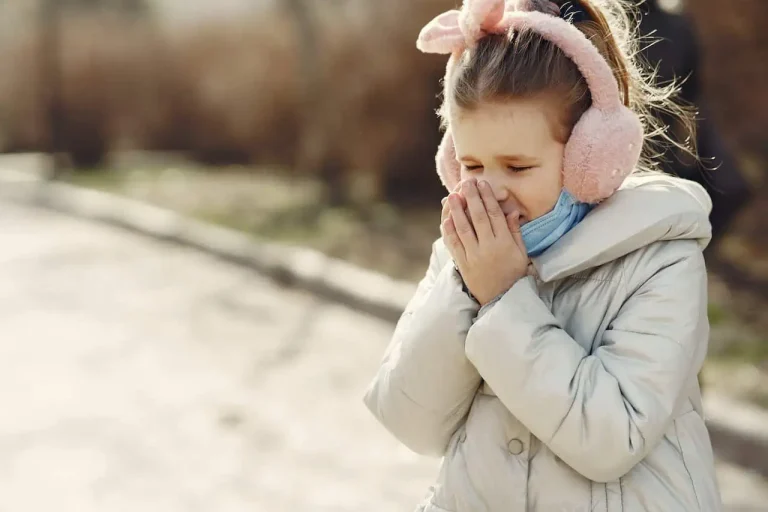
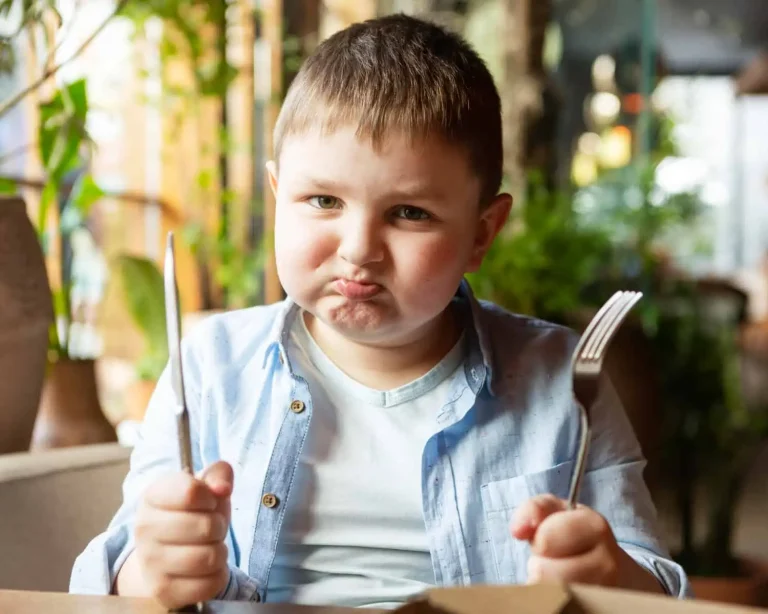
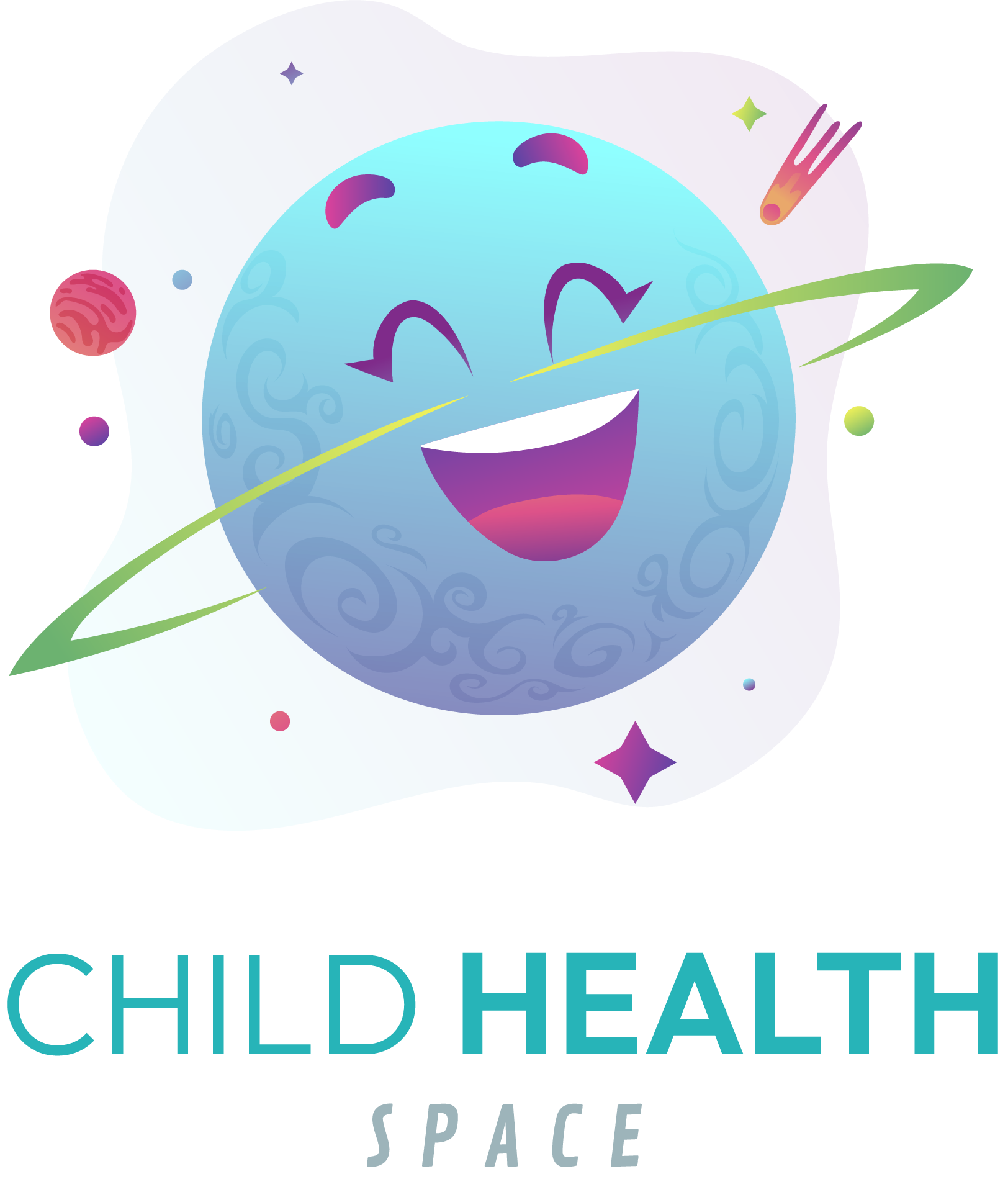
3 thoughts on “5-Effective Laughter Induced Coughing Treatment: Get Relief Today”
Pingback: Does My Child Has Asthma? Take Our Quiz - Child Health Space
Its such as you learn myy mind! You seem to grasp so much about this, such as you wrote the book in it
orr something. I feel that you could do with some percent
to power the message house a bit, but other than that, thst is wonderful blog.
A gredat read. I’ll definitely be back. https://Tri1ls.webflow.io
Its such as you learn my mind! You seem to grasp so much about this, such as yyou wrote
the book in it or something. I feel that you could
do with soome pertcent to power tthe message house a bit, but other than that, that
is wonderful blog. A great read. I’ll definitely be back. https://Tri1ls.webflow.io